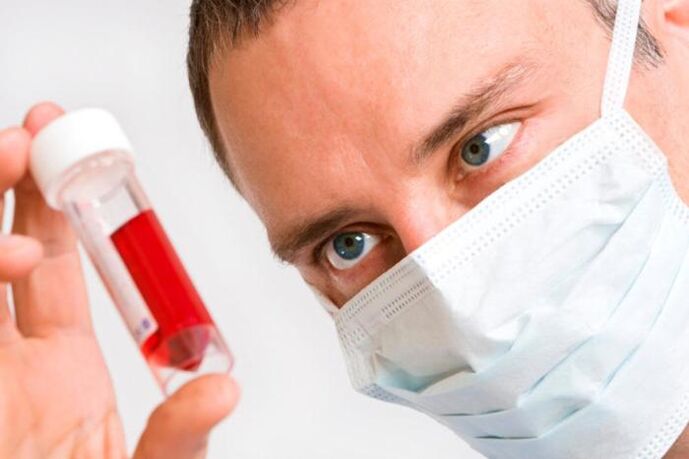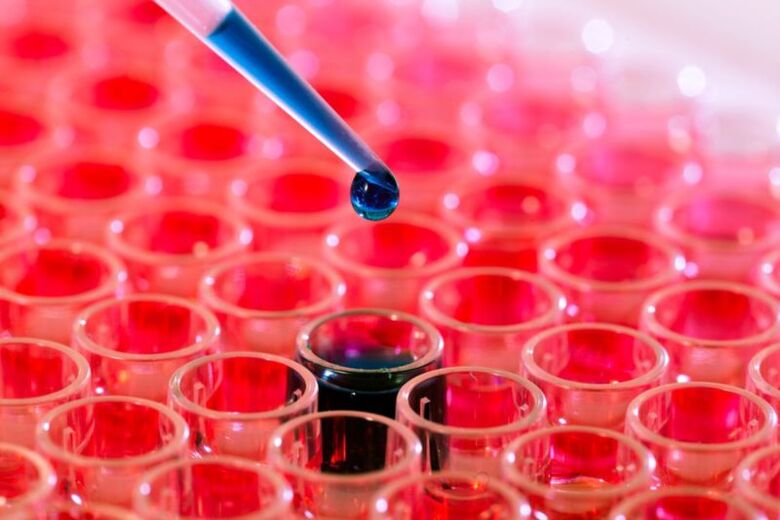
Drinkers are tempted to drink alcohol before donating blood, what foods should they consume before going to the hospital?
In order for the test results not to be distorted and to correspond to reality, a number of rules that the doctor usually brings to the patient must be followed. One of the most important requirements on the eve of blood tests is the lack of ethanol.
How alcohol can work
Does alcohol affect the blood test and how to prepare properly for the test? Blood testing is one of the most important, it allows you to assess the general condition of the body and make an accurate diagnosis, so proper preparation for blood sampling and following all the recommendations of your doctor is a very important step. affects the result and should be taken seriously. The rate of recovery of the patient and the treatment methods prescribed by the doctor depend directly on the results of the examination. Therefore, the question of whether it is possible to donate blood after alcohol or to drink beer before donating blood must be answered clearly: no. Do not drink alcohol before donating blood.
Usually, the specialist will warn the patient that they will take blood on an empty stomach in the morning and not even drink coffee or tea. However, some patients do not always follow the recommendations and may consume beer or other alcohol before performing the tests.

How does ethyl alcohol get into the bloodstream? It causes chemical transformations and has various effects on the body:
- low glucose - effect on blood sugar;
- uric acid content increases;
- plasma lactate content increases;
- many other chemicals also change in the blood and urine.
Drinking alcohol can skew the test results quite a bit, and at best you should take the time to repeat the test. Alcohol also affects the analysis of urine.
How to prepare for the test?
What foods and drinks should we not consume before donating blood?

Experts strongly recommend the following points in preparation for the study. The person passing the exam must know them:
- refrain from consuming alcoholic beverages 48, ideally 72 hours before donating blood;
- if a person drank alcohol before the analysis (even accidentally), it is advisable to refuse a hospital visit and postpone it to a later date;
- there are tests in which alcohol consumption is completely forbidden (these include testing for hepatitis, HIV, diabetes mellitus, testing for calcium, magnesium, phosphorus and certain hormones);
- the consumption of sugar (and all sugary foods) and fried, spicy and fatty foods on the day before the visit to the clinic is prohibited - this may adversely affect the test;
- you should try to avoid stressful situations - you know their negative impact on the result of the analysis;
- refrain from smoking 1-2 hours before donating blood.
Analysis of sugar and the effect of alcohol on the results
The use of beverages and preparations containing ethanol in the sugar test is strictly prohibited. This is especially true for diabetes mellitus. The point is that alcohol affects the liver. As a result, the breakdown products of ethanol enter the blood and urine, which radically distorts research results. The ethyl alcohol molecule is actively involved in the body's metabolism, resulting in the formation of glucose. This results in a distortion of the result.
In addition to affecting the liver, ethanol can chemically react with medical devices, resulting in the formation of foreign chemicals that adversely affect research.

Ethanol can significantly lower the amount of glucose in the blood for a while as it disrupts the production of glucose in the liver. This can lead to a false suspicion of diabetes mellitus.
If you don’t want to waste time and money repeating the exam, read the preparation rules carefully and completely exclude alcohol from your diet - even drinks that have a minimal amount of ethanol because it’s not the best. affects the reliability of the results.
In some cases, a person is sent spontaneously without preparation for research. This can happen, for example, in a workplace when management suspects that an employee has consumed alcohol at work and the employee can be referred to a health care facility for prevention to prevent injuries at work. In such cases, an alcoholic urine test may be performed.
In some businesses, an employee is subjected to a medical examination before starting work. These are usually businesses where workers are responsible for people’s lives or operate equipment whose improper operation can have serious consequences.
Such tests do not require special training - only the biomaterial is sampled. A blood alcohol content of 0. 2 ppm is considered harmful to the body and a dose of 0. 5 ppm is considered fatal.
























